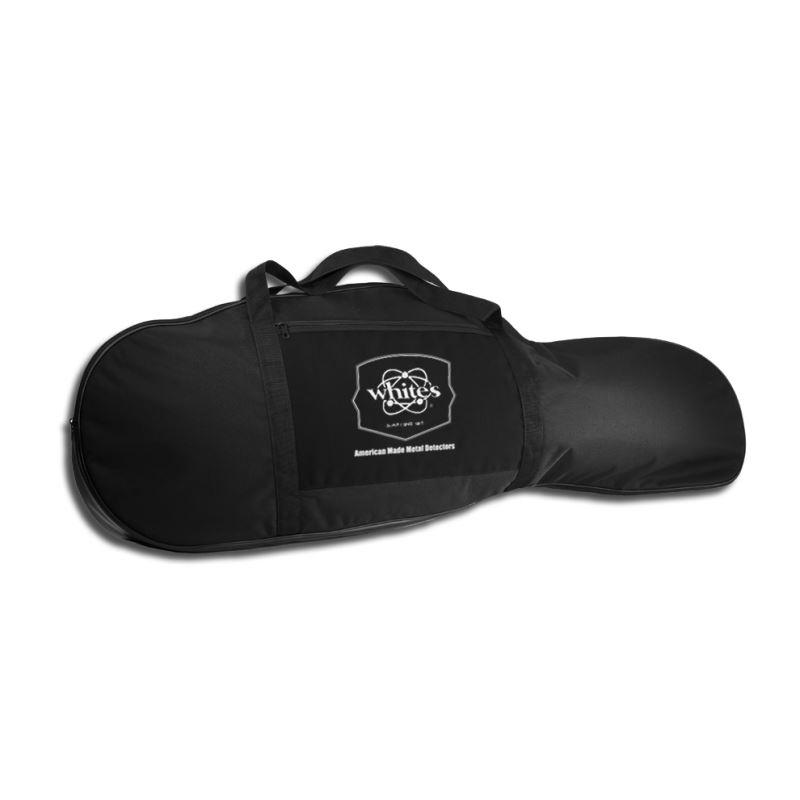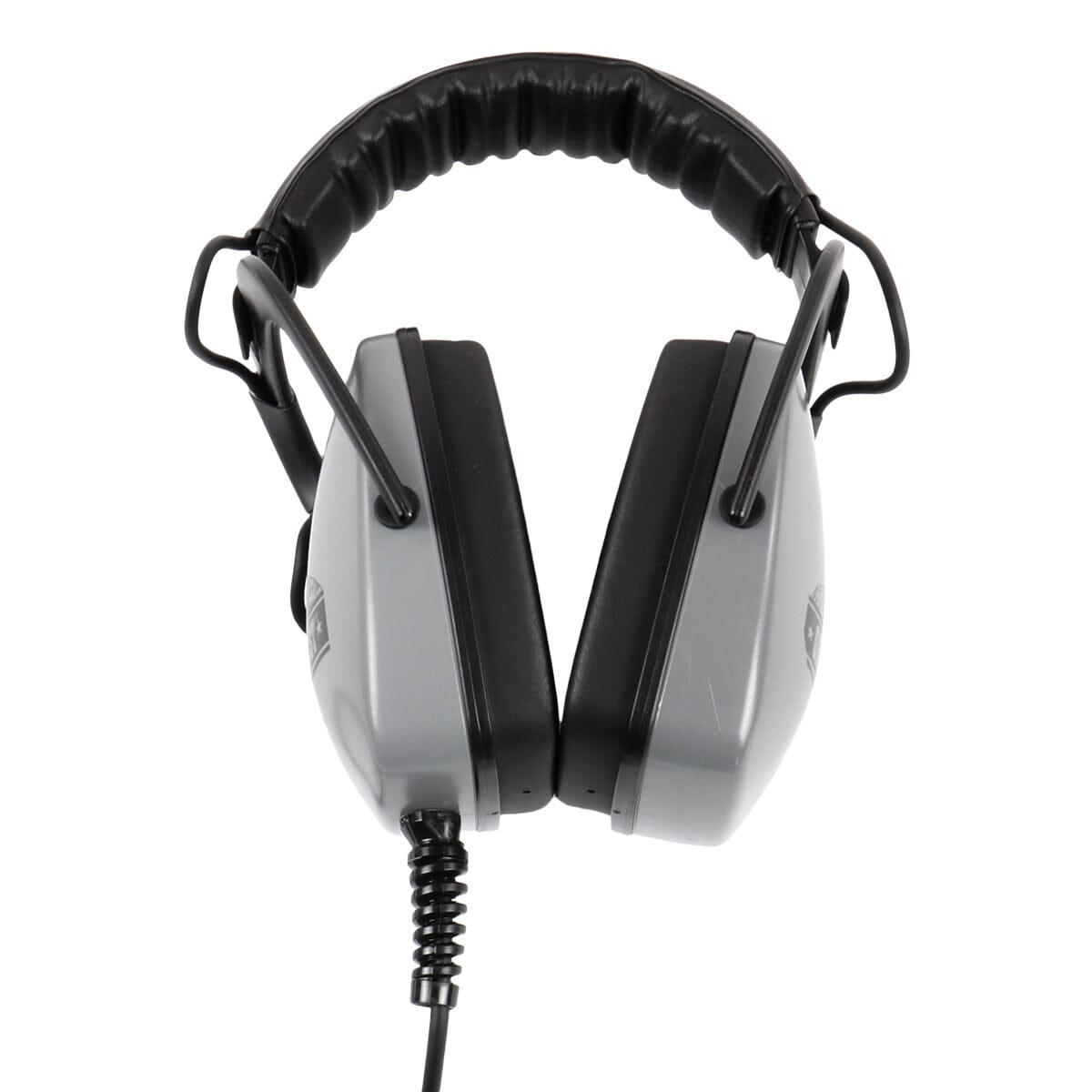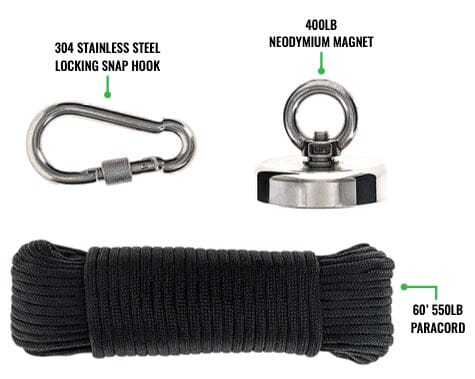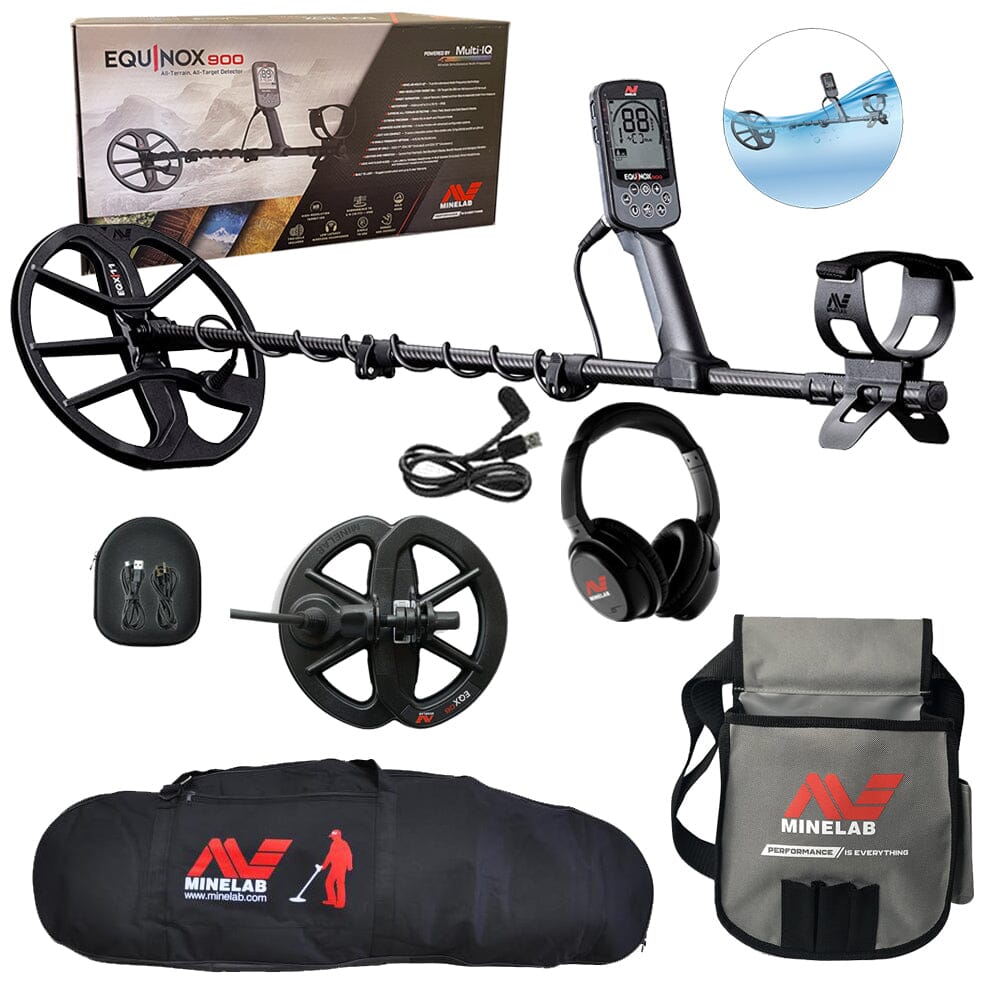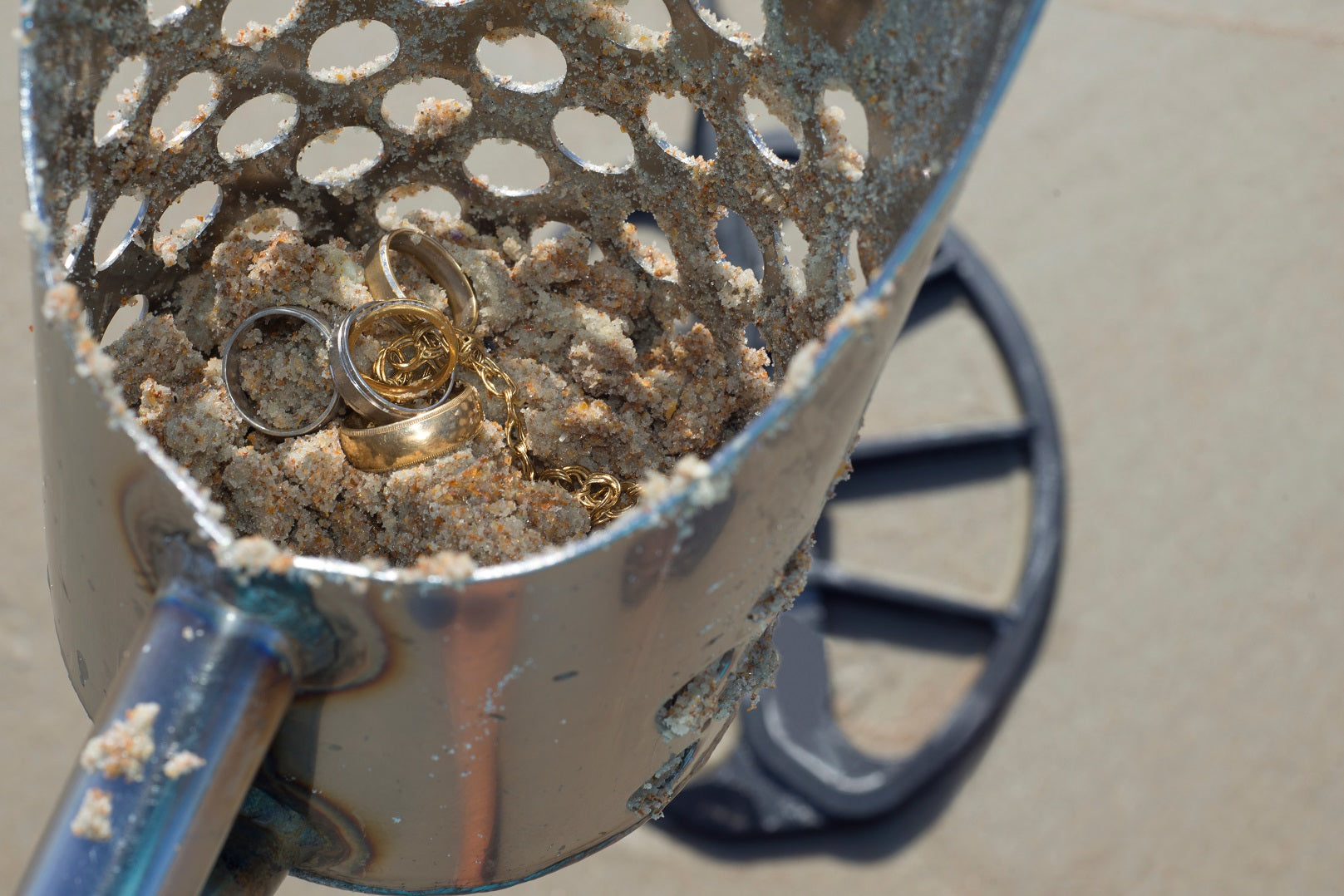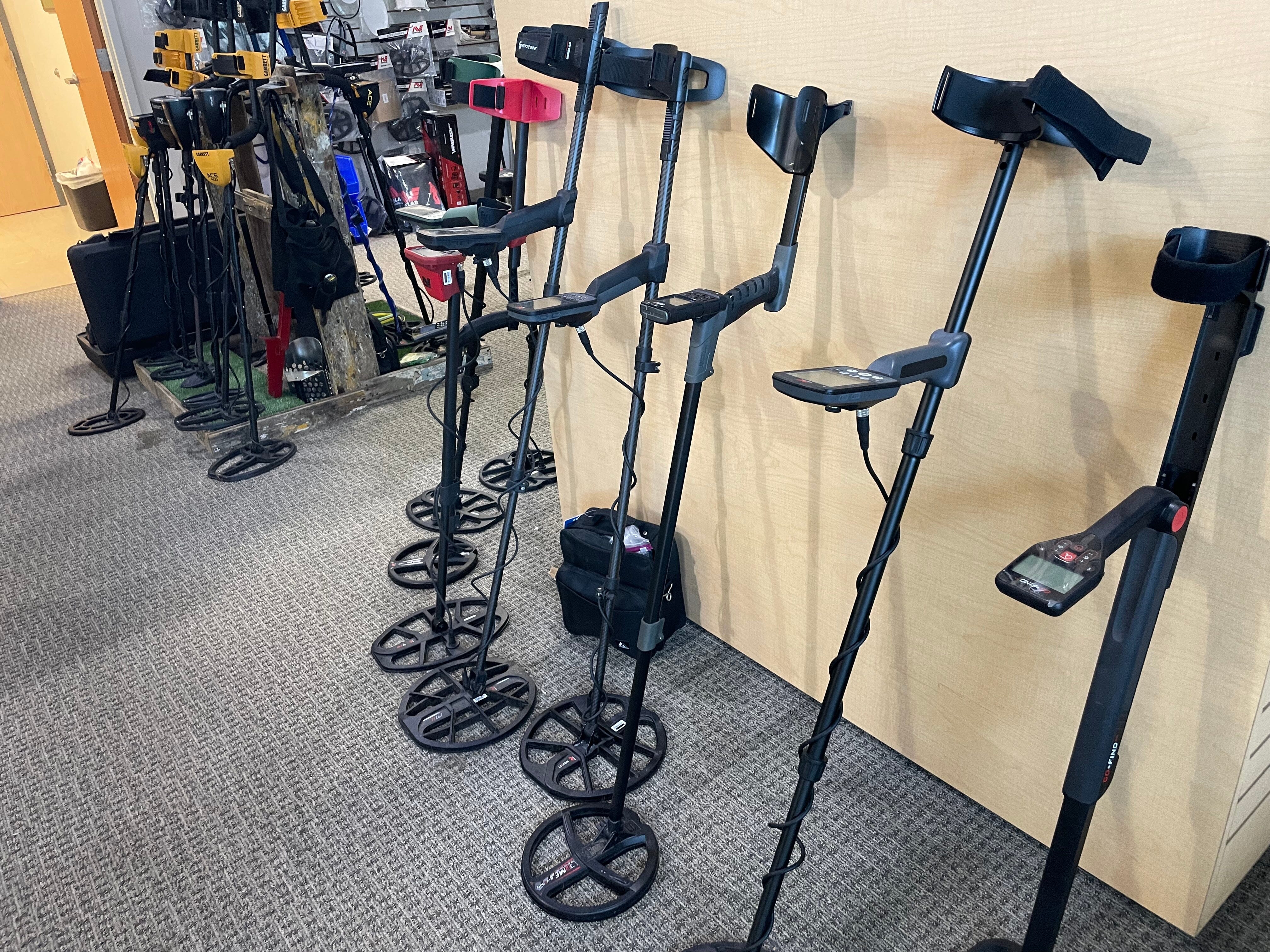FAQ: Can I metal detect in National Forests in the United States?
Can you metal detect on federal land? The simple answer is yes. There are however certain restrictions that one needs to be aware of before you just run out and start digging holes.
Just like any metal detecting trip, you need to research the location you want to visit. Duh, right? Certain national parks have restricted metal detecting altogether. It goes a little further than just making sure you can metal detect that particular park. Some sites are strictly prohibited and will most likely have a notification stating this.
Most parks allow metal detecting for recently lost coins, jewelry, etc. Most beached and public areas are okay to hunt. If you believe you have located an area that could potentially have a hidden hoard of valuable treasure, your activities fall under a different rule.
According the forest service website:
"The search for treasure trove, which is defined as money, gems, or precious metals in the form of coin, plate, or bullion that has been deliberately hidden with the intention of recovering it later, is an activity which is regulated by the Forest Service.....Detectors are used in searching for treasure trove, locating historical and pre historical artifacts and features, prospecting for minerals, and searching for recent coins and lost metal objects. Of these four types of uses for metal detectors, the first three require special authorization, i.e. special use permits, notice of intent, or plan of operation."
Read the FS Guidelines for Metal Detecting by clicking this link.
Why do some national parks prohibit metal detecting?
The number one reason is they are known archaeological sites and may contain "prehistoric, historic, or archaeological resources, structure, site, artifact, or property." These sites are strictly off limits unless you were to participate in conjunction with the Forrest Service. You can do this by participating in the Passport In Time (PIT) program. Through this program locating archaeological sites becomes a joint endeavor and you can help the world better understand our nation's history. You can receive the PIT Traveler, their free newsletter advertising the PIT projects each year, by calling 1-800-281-9176.
The other reason is they simply don't want people getting out of control digging up the parks. Pick and shovel excavations can be made below the high water mark near streams and rivers. Beyond that you are prohibited to cut trees, limbs or brush, and digging up ground cover or digging under tree roots. Additionally, all excavations must be filled in before leaving the area and any and all items brought in must be removed...especially trash you heathens!
Metal detecting for gold and other valuable minerals falls under different rules.
Click Here To Read My Blog About Prospecting on Federal Land in The U.S.
Or You Can Access Information Directly from The Federal Site Here
Stay tuned to our blog for upcoming articles and episodes by following us on your favorite social media outlet to stay informed of releases:
YouTube: HighPlainsProspectors
Facebook: @highplainspropsectors
Instagram: #highplainsprospectors
Twitter: @HProspectors
You Might Be Interested In
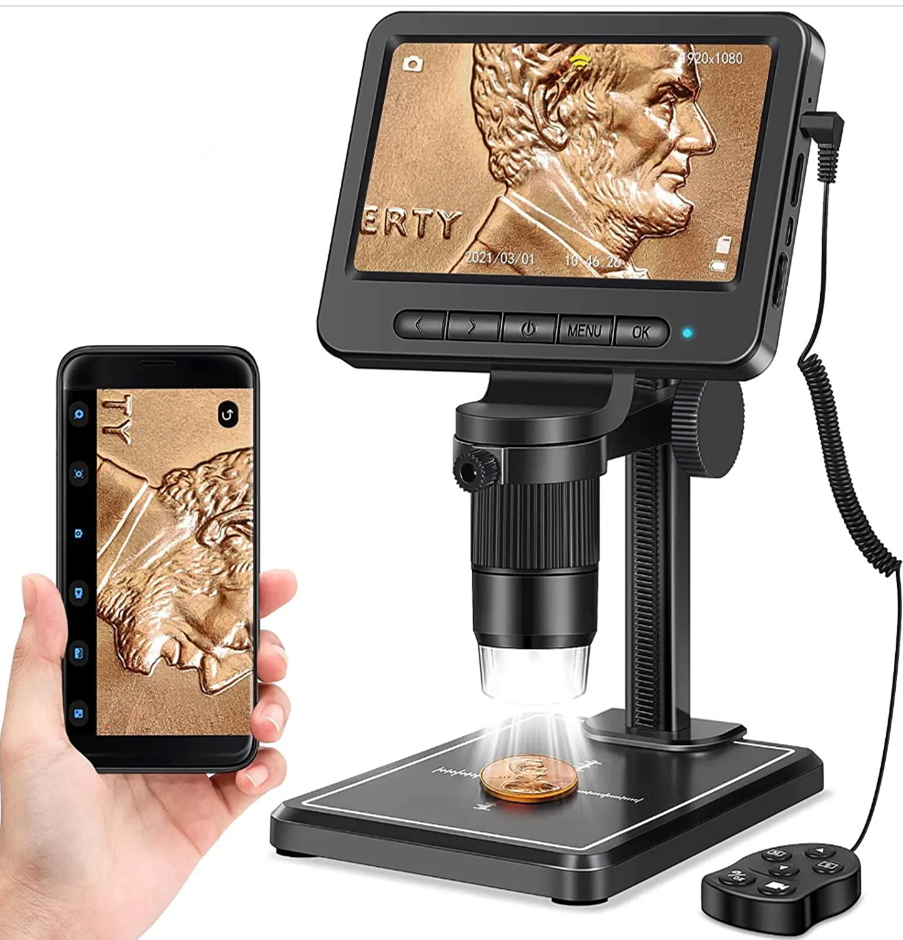
Coin & Relic Cleaning Supplies
Pair text with an image to focus on your chosen product, collection, or blog post. Add details on availability, style, or even provide a review.
- Choosing a selection results in a full page refresh.
